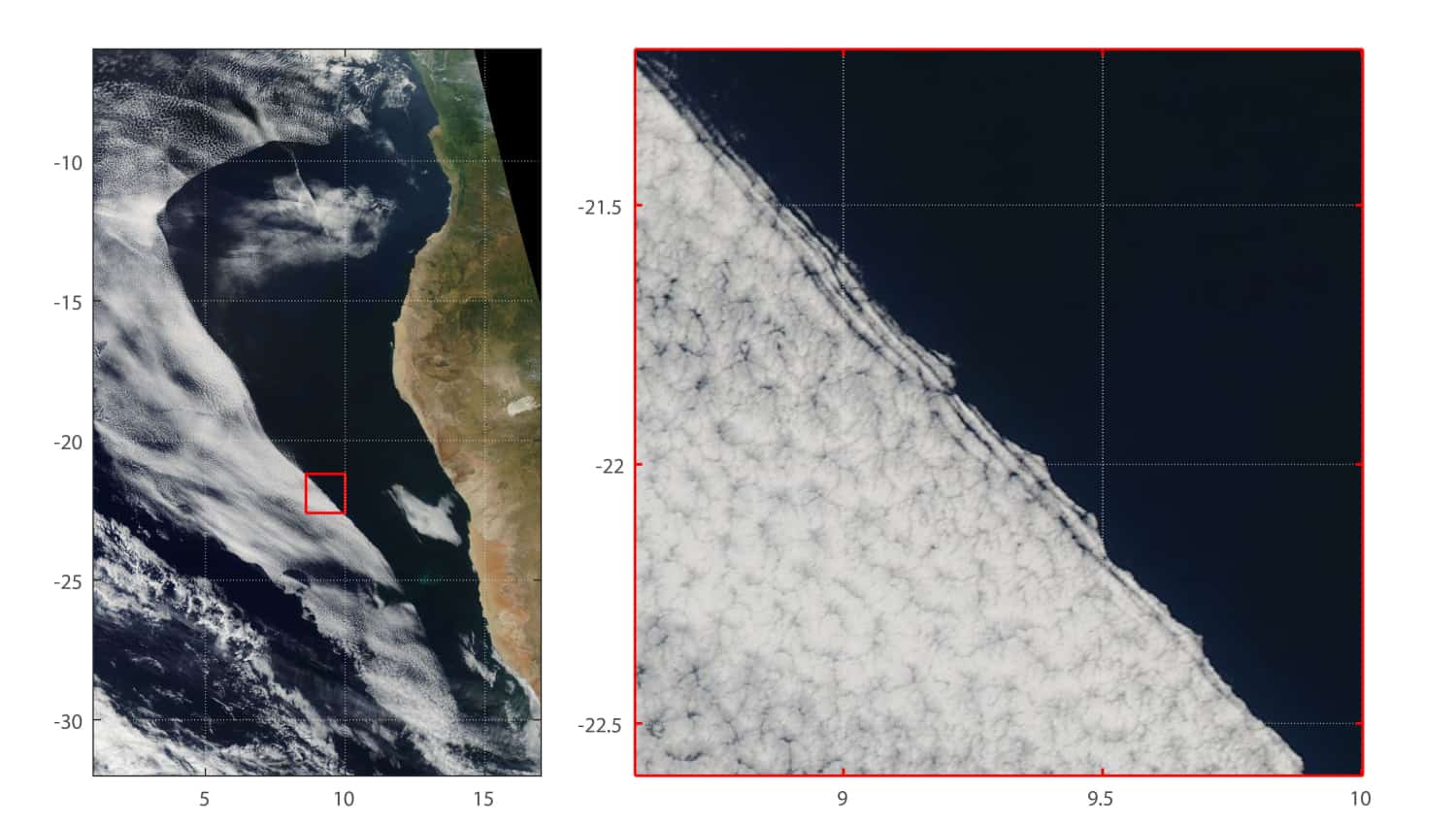climate change

Grant Will Fund Climate Resilience Strategies for Frontline Communities in the Carolinas
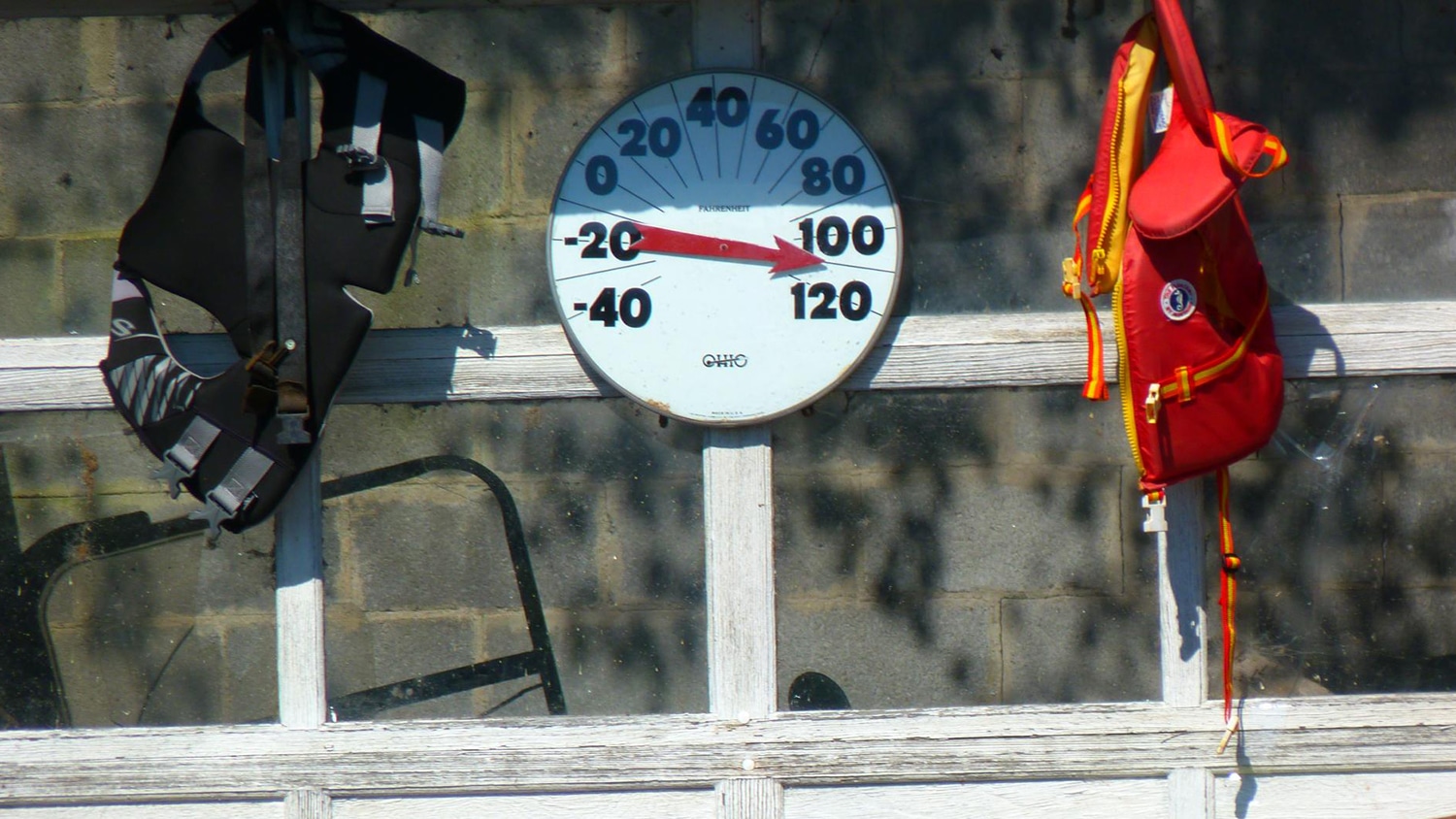
Record-Setting Rain and Heat? This Is the New Normal

Fire and Butterflies: Insights From a Natural Disaster
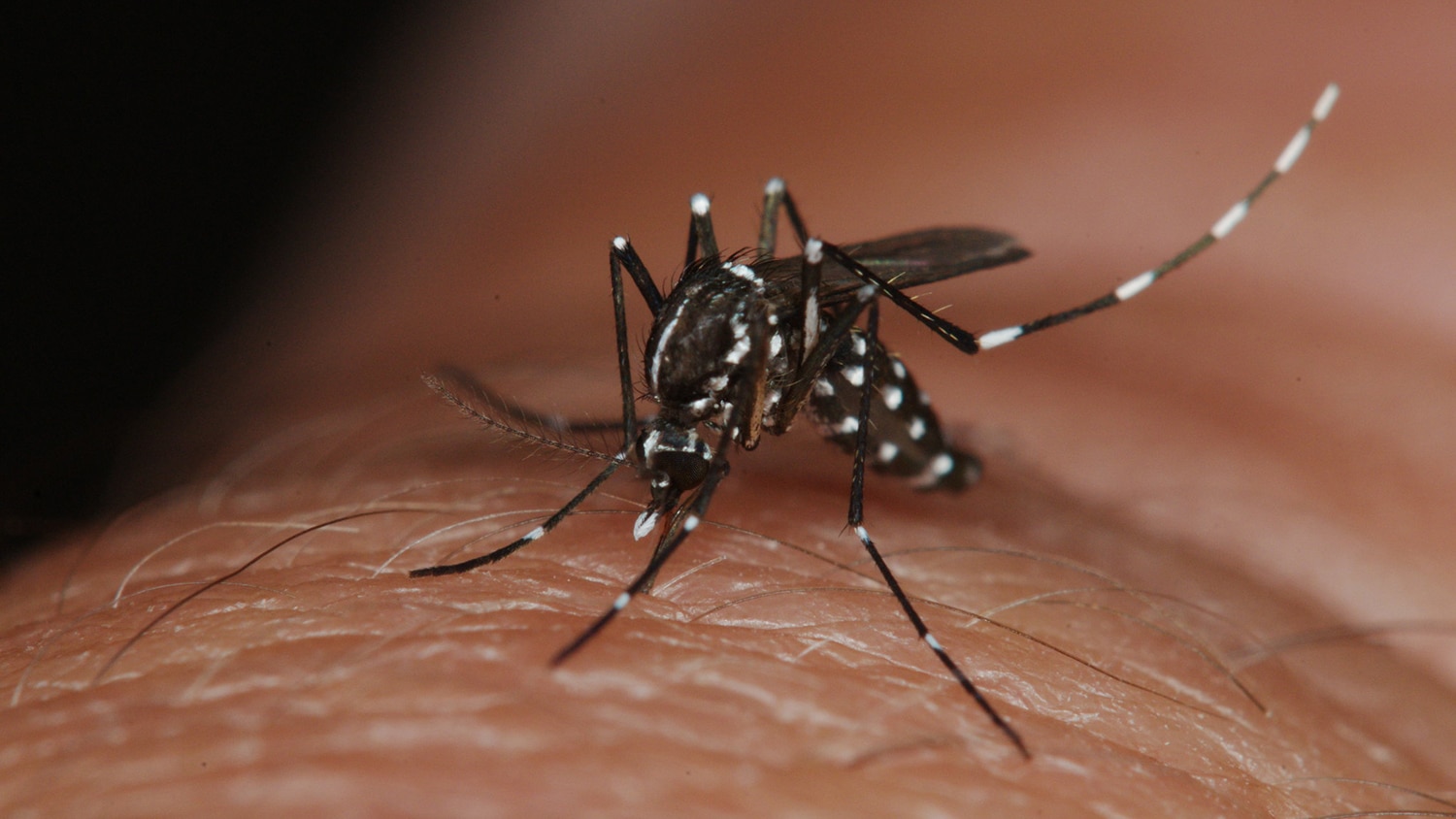
Finding Ways to Keep Mosquitoes at Bay
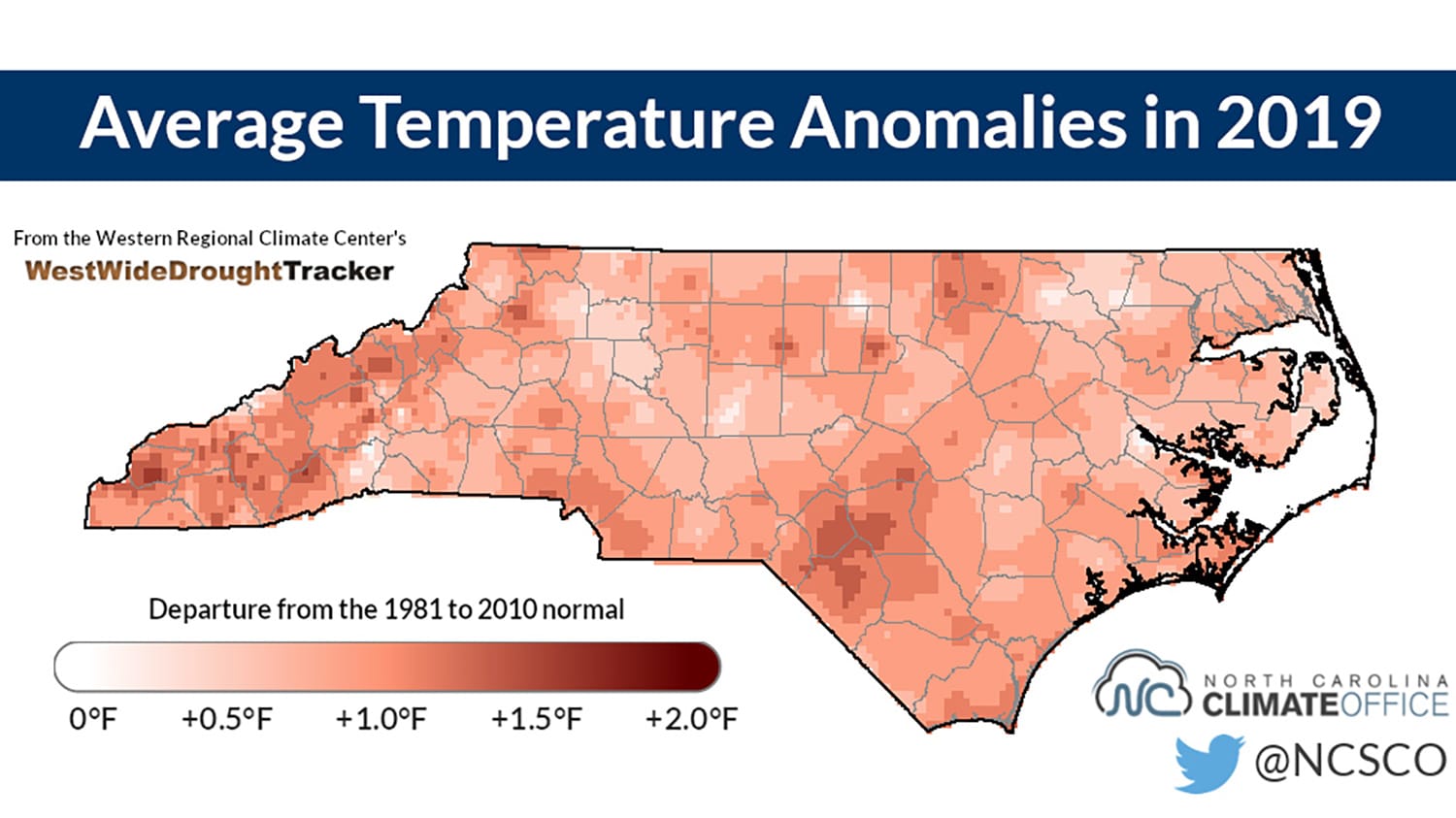
2019: The Warmest Year in N.C. History
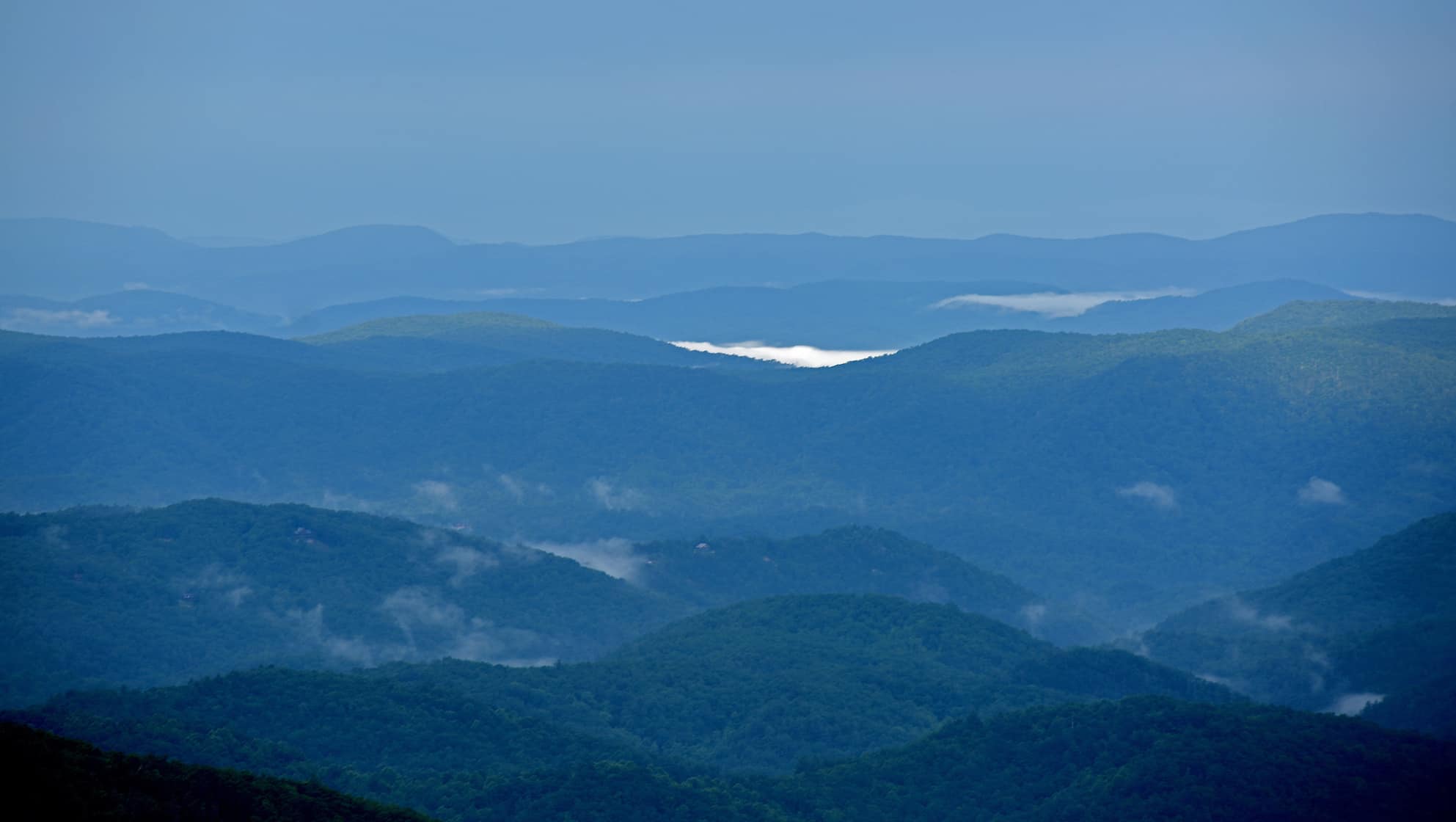
NCICS to Host NOAA Cooperative Institute
